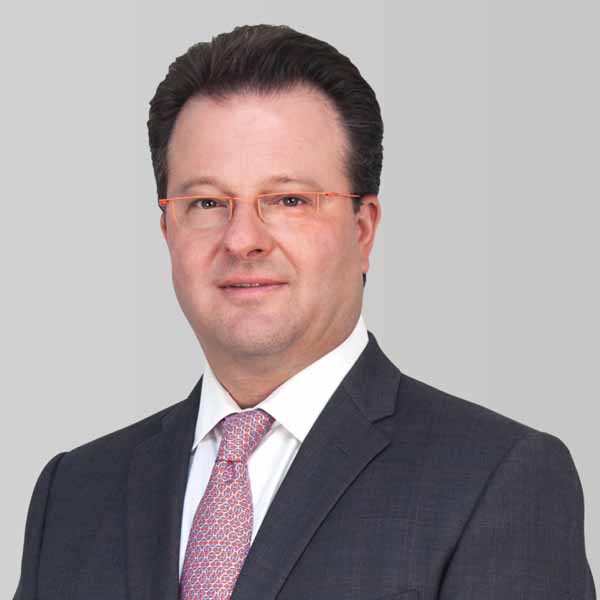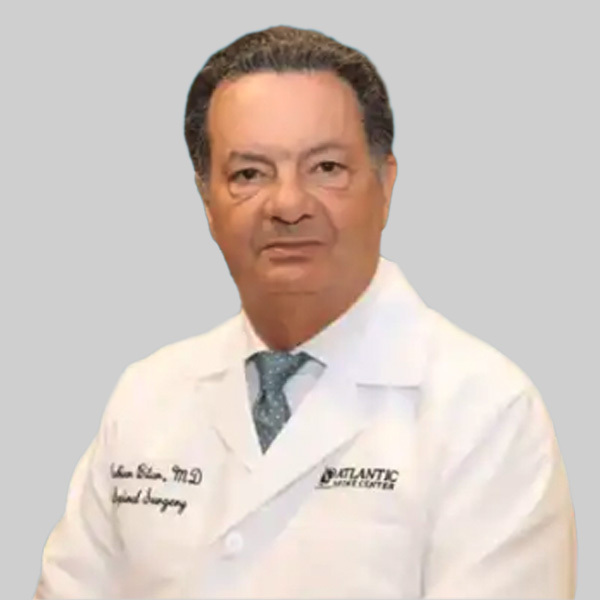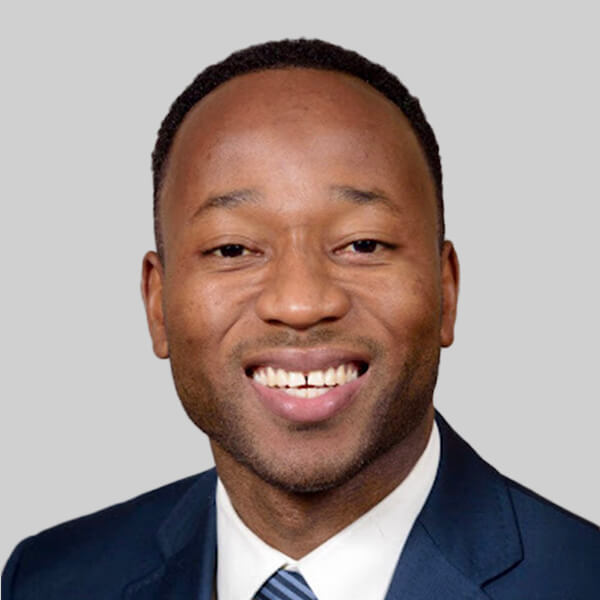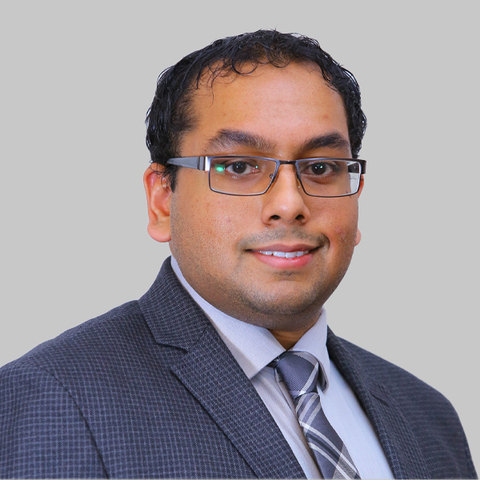What is Endoscopic Minimally Invasive Spine Surgery?
Patients with severe back pain caused by herniated discs, spinal stenosis, or other spinal conditions that do not respond to non-surgical treatments (such as physical therapy or medication) may be candidates for endoscopic minimally invasive spine surgery (MISS).
During MISS, the surgeon makes a small incision through which a microscopic fiber optic camera, or endoscopy, is inserted. The device allows the surgeon to view the spinal structures, and then repair any damaged nerves and discs using specially designed instruments.
What Conditions is Minimally Invasive Spine Surgery Recommended For?
MISS can treat a number of spinal abnormalities, but it is typically used to mend herniated discs. Protecting and cushioning each vertebrae in the spine are gel-filled discs; when a disc ruptures or herniates, the spinal nerves become irritated and cause back pain. In a MISS procedure known as a discectomy, the surgeon trims the affected areas of the herniated disc or fuses the vertebrae together.
Spinal stenosis is another common condition that responds well to MISS. Spinal stenosis occurs when the vertebral column narrows, which compresses the nerves and results in pain, muscle weakness, and numbness. An orthopedic surgeon can help alleviate these symptoms by removing any bone fragments or soft tissue that are squeezing the nerves.
Compared to open back surgery, which requires a longer incision and deeper cuts into the back muscles, MISS patients experience a smoother recovery and less pain after surgery. Since the procedure is typically done on an outpatient basis, patients may leave the hospital a few hours after the surgery.
Recovery Time for Minimally Invasive Spine Surgery
While MISS recovery time depends on the severity of the condition and the details of the surgical procedure, you can generally expect to make a full recovery within one to four weeks. However, patients whose jobs involve heavy lifting or operating heavy machinery may have to wait eight to 12 weeks before returning to work.
In some cases, physical therapy may be recommended if the patient is experiencing significant pain after the surgery. We recommend that all patients check in with their surgeon two weeks after the procedure to monitor progress.
_________________________________
EXPERIENCING PAIN? DO YOU HAVE AN INJURY?
Our Specialists are here to help.
Book an appointment with NYC’s best orthopedic specialists to discuss your condition. Fill out the form below and you will receive a call from our office within 5-10 minutes. We’ll book an appointment at a time and location that work for you, and send you a reminder by email.











